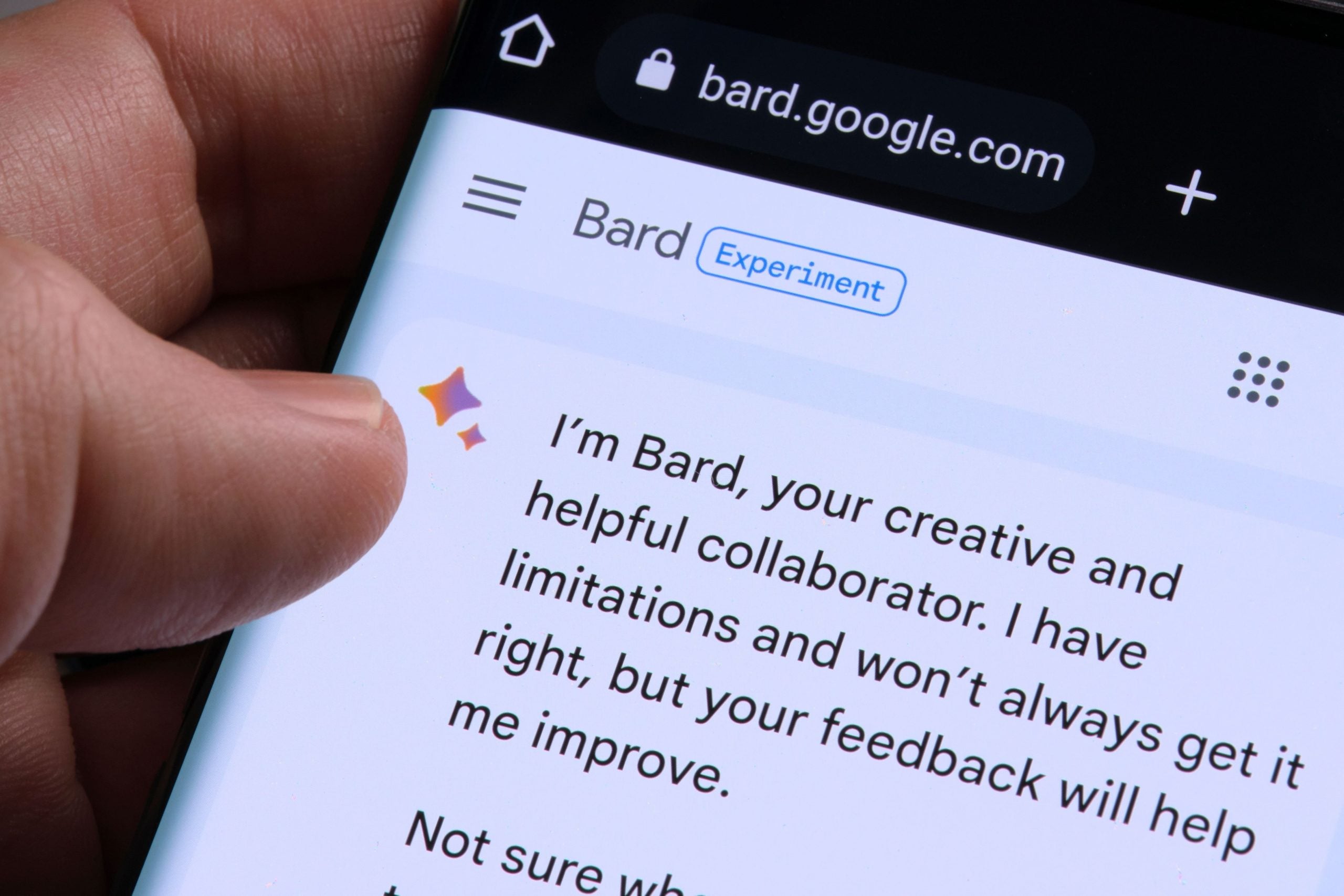
Google is pinning its hopes on its chatbot Bard to help create a new product with two billion users, according to statements made by the company’s product lead, Jack Krawczyk, on Thursday (9 October).
Bard, designed to facilitate brainstorming and information retrieval through advanced artificial intelligence (AI), is seen as a crucial stepping stone for Google to tap into an even larger customer base.
At Reuters’ NEXT conference in New York, Krawczyk outlined plans to integrate Bard’s human-directed suggestions into Google Assistant, enhancing features such as timer-setting and command fulfilment.
This integration, initially slated for mobile devices in the coming months, is expected to introduce AI to a broader audience.
The move aligns with Google’s overarching ambitions for AI within Alphabet, its parent company. Currently boasting six products each attracting billions of users, including the ubiquitous search engine and YouTube, Google aims to fortify its position amid growing competition.
Rivals such as Amazon, with its Alexa assistant, have pledged to incorporate similar generative AI enhancements. Additionally, OpenAI has recently expanded ChatGPT with voice commands and agent-like capabilities, intensifying the competitive landscape.
The announcement comes as the generative AI race continues.
Although Bard’s web traffic experienced a 2% growth in October, reaching 8.7 million, ChatGPT continued to exhibit a faster pace of growth, according to Similar Web data.
Krawczyk emphasised that Bard’s focus is on enhancing its utility rather than immediate monetisation through subscription models or ads.
However, Bard has encountered challenges, including instances where it generated non-existent messages when analysing content in users’ Gmail inboxes. Krawczyk acknowledged this as a known tendency of AI to “hallucinate” when tasked with factual analysis.
Addressing recent stumbles, Krawczyk mentioned that Bard faced difficulties when experiencing a surge in user demand, coinciding with a major outage in OpenAI’s ChatGPT.
While not explicitly naming competitors, Krawczyk remarked on the observed shift in behaviour patterns across the internet during this period.
He emphasised ongoing efforts to effectively accommodate large user volumes, describing it as a challenge over a brief span of time. Both Google and OpenAI have reportedly resolved their respective issues.







